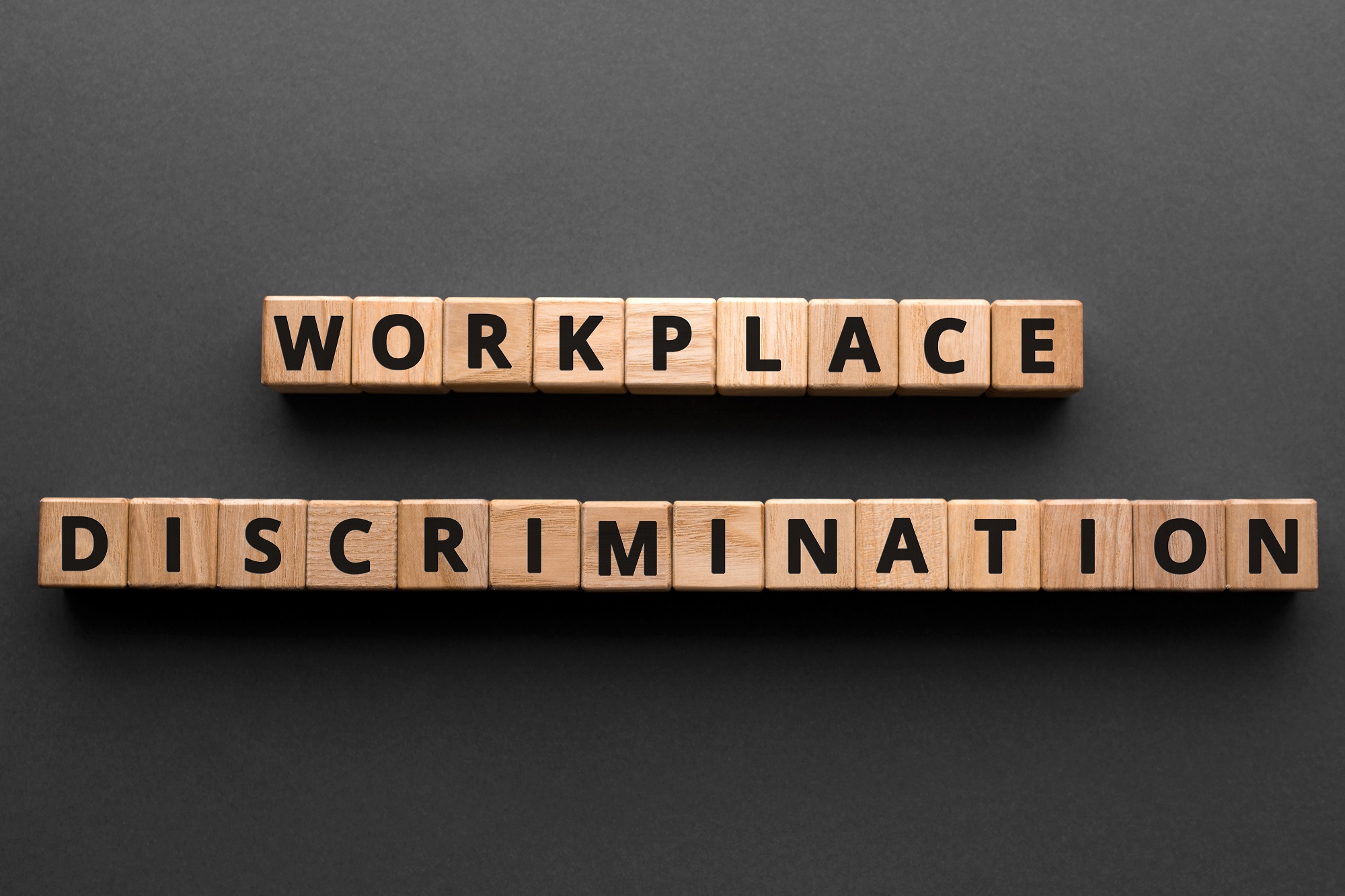How has gender pay gap reporting affected the motherhood penalty?
The difference in pay between men and women is a longstanding issue in the workplace. Despite equal pay legislation being in force since the 1970s, which allows men and women the right to claim equal pay where they perform “equal work”, the gender pay gap still exists in the modern working world.
Gender pay gap reporting
In an attempt to bridge the gap and address the matter, by amending the Equality Act 2010, the UK Government introduced compulsory gender pay gap reporting in April 2017, requiring all organisations with more than 250 employees to annually publish their gender pay gap information. In particular, amongst other information, the organisations of this size should now outline the difference in the mean and median pay and the bonus pay of men and women.
Key findings
The Office for National Statistics released the findings from the 2022 reports in late February 2023. The key findings were as follows:
- Among full-time employees, the gender pay gap in April 2022 was 8.3%, an increase from the 7.7% in April 2021.
- There is still a larger difference in the gender pay gap between employees aged 40 years and older and those younger than 40.
- High earners experience a much larger difference in hourly pay between the sexes.
- The gender pay gap is higher in every English region than in Scotland and Northern Ireland.
Where is the UK ranked?
A new report from PwC outlines that the UK’s ranking amongst the 33 OECD (Organisation for Economic Co-operation and Development) countries has fallen from 9th place to 14th place. This increased gender pay gap, coupled with the increased cost of childcare in the UK, places female employees under significant financial pressure in comparison to their male counterparts. Childcare costs in the UK relative to average income were one of the highest across the OECD countries.
Motherhood penalty
Against that backdrop, as it is predominately women who are primarily responsible for caring for children (which was evidenced by the findings of the Office for National Statistics from 2020 which showed that during the first few weeks of lockdown in 2020 – 28 March to 26 April – women spent more time on childcare than men), more women are taking a step back from work and their careers as it is more affordable to do so than to remain in employment and pay for childcare. This is being known colloquially as the “motherhood penalty”.
Taking into account the value that women add to the UK workforce and economy, it is extremely disappointing to learn that in 2023, there is still a gap in relation to gender pay and that women are being forced out of the workplace, taking time out of their careers, due to the challenges with the rising cost of childcare. Whist we should recognise how far women’s place in the workplace has improved over the last century, we must acknowledge that there is still a fair way to go for true equality.
What can employers do?
As a result of the problems with the gender pay gap and the cost of childcare, the Government is being urged to consider enhanced parental leave and flexible working policies, and is taking steps to tackle the increasing cost of childcare. In the meantime, all employers should consider whether there is a gender pay gap in their workplace and if so, take legal advice to ensure that they are not falling foul of equal pay legislation.
Employers should also consider how they can support employees with young children, particularly females who are responsible for caring for children, to ease the pressure presented on them due to the cost-of-living crisis.
Employers may consider allowing their employees to take additional days off work for wellbeing, or enhancing parental leave provisions, to support working mothers so that they do not feel the need to give up their careers.
If you would like legal input on a situation related to the gender pay gap, gender pay gap reporting or the “motherhood penalty”, please do not hesitate to contact our team of employment law experts who can provide you with guidance.
This update contains general information only and does not constitute legal or other professional advice.
Pauline Hughes, Solicitor: pah@bto.co.uk / 0141 221 8012 / Connect with Pauline





